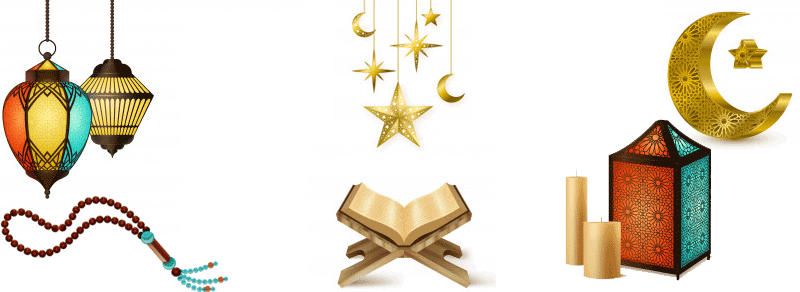
This is our third communication and we are back this week to share with you some more tips and resources to help you care for your mental health and wellbeing throughout the Holy month of Ramadan. Last week, we focused on caring for others and sharing your blessings with your loved ones and those who are less fortunate than you. This week is all about self-restraint. Stay tuned over the next few weeks through to Eid for more messages on reflection, meditation, self-actualization, gratitude and hope.
Practice self-restraint this Ramadan
Ramadan is a month that teaches discipline and self-restraint. This year, with the #COVID19 pandemic, practicing self-restraint can help you as well as those around you stay healthy, safe and well. Here are some tips to help you practice self-restraint this Ramadan.
Follow public health guidelines. It may be difficult to stay home for long periods of time and to distance yourself from loved ones, but remember that you are protecting yourself and others by following the guidelines. Knowing that your loved ones are safe will help you cope better.
Spread facts not rumours. To help put a stop to rumours this Ramadan, make sure that you only share facts from credible sources like WHO or your local health authority.
Restrict your exposure to news. Consider limiting your exposure to news coverage and the time you spend on social media. Reducing your information overload helps lower the levels of worry and anxiety.
Avoid unhealthy behaviours. It is important to avoid smoking, the use of alcohol or other drugs or indulging in overeating and consuming junk food to deal with boredom and psychosocial problems. Our physical health is closely connected to our mental health, so staying healthy will also lower your stress levels and lift your mood. If you feel overwhelmed, talk to a health professional, and have a plan for where to go to and how to seek help if needed.


